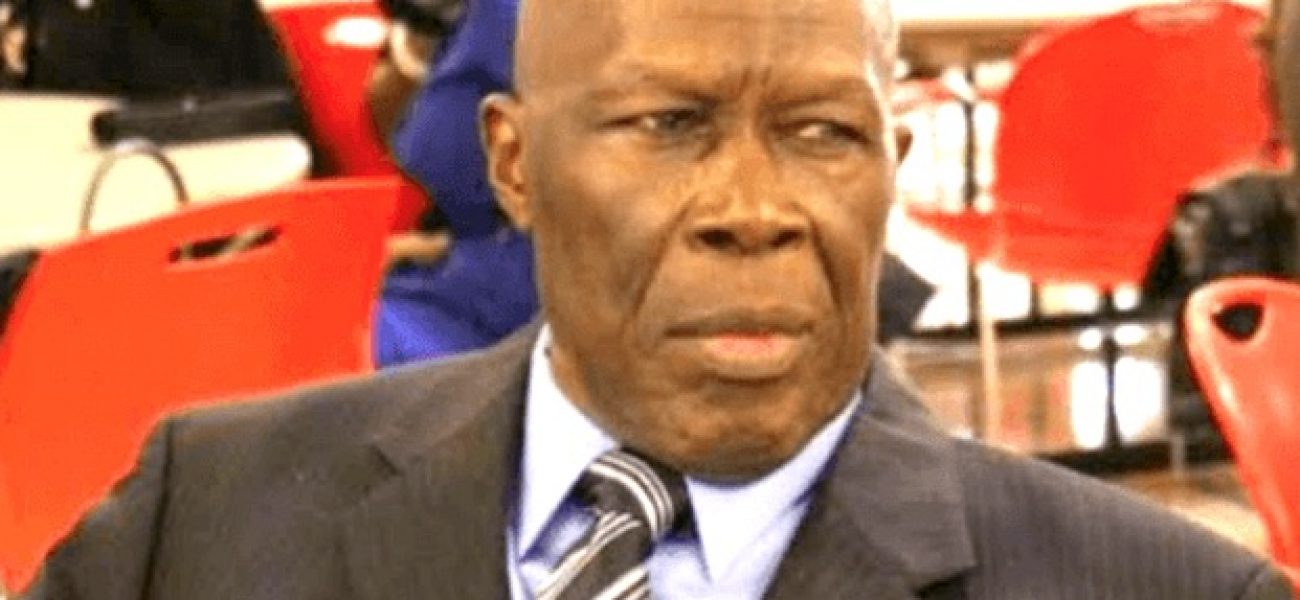The Senate, in its plenary session on Thursday, rejected a motion to immortalize Professor Humphrey Nwosu, former Chairman of the National Electoral Commission (NEC), who played a crucial role in conducting the historic June 12, 1993, presidential election.
The motion which was first introduced on Wednesday was sponsored by Senator Enyinnaya Abaribe with co-sponsors from the minority caucus, sought to honor Professor Humphrey Nwosu by naming the headquarters of the Independent National Electoral Commission (INEC) after him and conferring a posthumous national honor in recognition of his contributions to Nigeria’s democratic development. Senator Abaribe emphasized the significance of Professor Humphrey Nwosu’s role in facilitating what many consider Nigeria’s freest and fairest election and urged the Senate to formally acknowledge his efforts.
During the plenary session presided over by Deputy President of the Senate Jibrin Barau, Senate Majority Leader Opeyemi Bamidele raised objections to the motion, citing procedural deficiencies which he claimed constituted a breach of procedural rules. These procedural concerns were followed by substantive debate on the motion’s merits, with some Senators questioning Professor Humphrey Nwosu’s legacy in light of the annulment of the June 12 election.
The motion was subsequently put to a voice vote, and despite audible support for the motion, Barau ruled in favor of the opposing votes, describing the matter as “controversial.” This ruling prompted a walkout by South-East Senators, who viewed the decision as a dismissal of Professor Humphrey Nwosu’s contributions to Nigeria’s democratic history.
The Senate’s rejection of the motion to immortalize Professor Humphrey Nwosu stands in stark contrast to the recognition accorded to Chief MKO Abiola, the winner of the June 12 election. Abiola has been immortalized through various symbolic gestures, including the renaming of the national stadium in Abuja and the declaration of June 12 as Democracy Day.
The refusal to recognize the contribution of Professor Humphrey Nwosu raises important questions about the selective recognition of historical figures, especially since the recognition of Chief MKO Abiola as President-elect.
The rejection of the motion has broader implications for Nigeria as it exposes divisions within the National Assembly and the influence of political biases in legislative decisions.
Additionally, this risks sending a troubling message that contributions to Nigeria’s democracy are not equally valued. This selective recognition could hinder efforts to bolster national unity and reconciliation, particularly in a country with a history of ethnic and political tensions.
Professor Humphrey Nwosu’s role in introducing a level of transparency to the electoral process and conducting a credible election under challenging circumstances has left an indelible mark on the nation’s history. While opinions on his legacy may vary, his contributions to Nigeria’s democracy deserve recognition.

